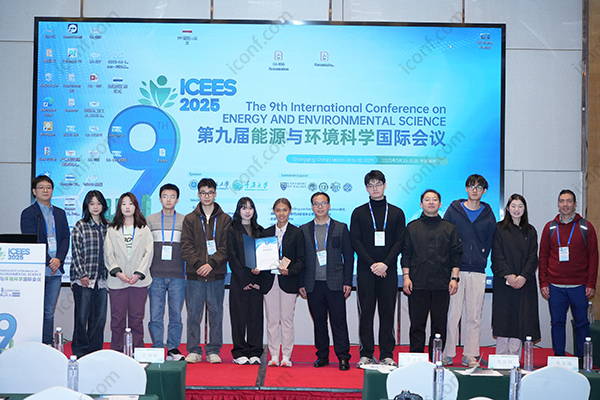

34 views||Release time: Apr 30, 2025
Conference papers are formal research manuscripts submitted for presentation at academic or professional conferences. They typically include an abstract, introduction, methodology, results, and discussion, following discipline-specific formatting guidelines. Presenting a conference paper not only disseminates your findings to a targeted audience but also garners valuable feedback, networking opportunities, and potential publication in conference proceedings or special journal issues.

Early Feedback on Research: Presenting preliminary results allows you to refine your methods and interpretations based on expert critique.
Visibility and Citations: Conference proceedings and associated journals increase the reach and impact of your work.
Networking and Collaboration: Engaging with peers at presentation sessions can spark new partnerships and joint projects.
Professional Development: Crafting a clear, concise paper hones your scientific communication skills and builds confidence for larger publications.
Begin with a concise abstract (150–250 words) that summarizes your research question, approach, key findings, and significance. In the introduction, contextualize your work with up-to-date literature, clearly articulate the problem statement, and state your contributions.
Detail your experimental design, data sources, analytical techniques, or theoretical frameworks. Ensure reproducibility by providing sufficient information on procedures, tools, and any statistical methods used.
Present results clearly using tables, figures, or graphs. In the discussion, interpret the findings, compare them with existing studies, and highlight implications for theory or practice.
Summarize your main contributions and suggest avenues for further research. A strong conclusion underscores the novelty of your paper and leaves a lasting impression on reviewers.
iConf.com simplifies every step of your submission process:
Create Your Organizer or Author Account: Sign up in minutes with your institutional email.
Select the Target Conference: Browse our comprehensive listings for relevant events and view their CFP details.
Prepare Your Manuscript: Use our built-in templates to format your paper according to each conference’s guidelines.
Upload and Track: Submit your PDF or Word document directly through iConf.com and monitor acceptance status with real-time updates.
Engage with Reviewers: Receive comments, respond to queries, and upload revisions—all within our platform.
Adhere Strictly to Guidelines: Follow word/page limits, citation styles, and anonymization rules to avoid desk rejection.
Highlight Novelty: Clearly state what sets your work apart from existing literature in both abstract and introduction.
Proofread Thoroughly: Eliminate typos, formatting errors, and ambiguous phrasing to present a polished manuscript.
Solicit Pre-Submission Feedback: Share drafts with colleagues for constructive input before official submission.
Elevate your research profile and ensure smooth submissions—visit iConf.com now to submit your next conference paper with confidence!